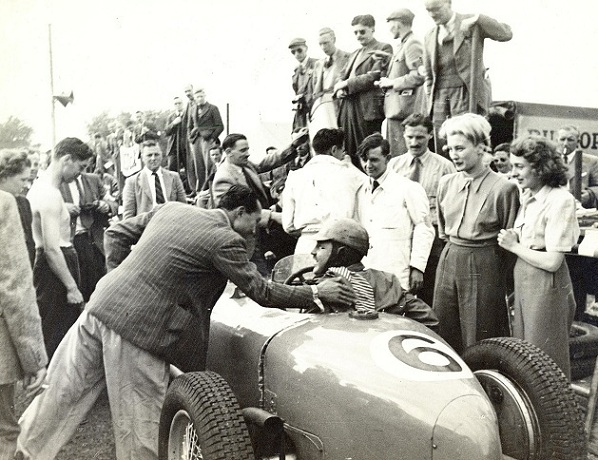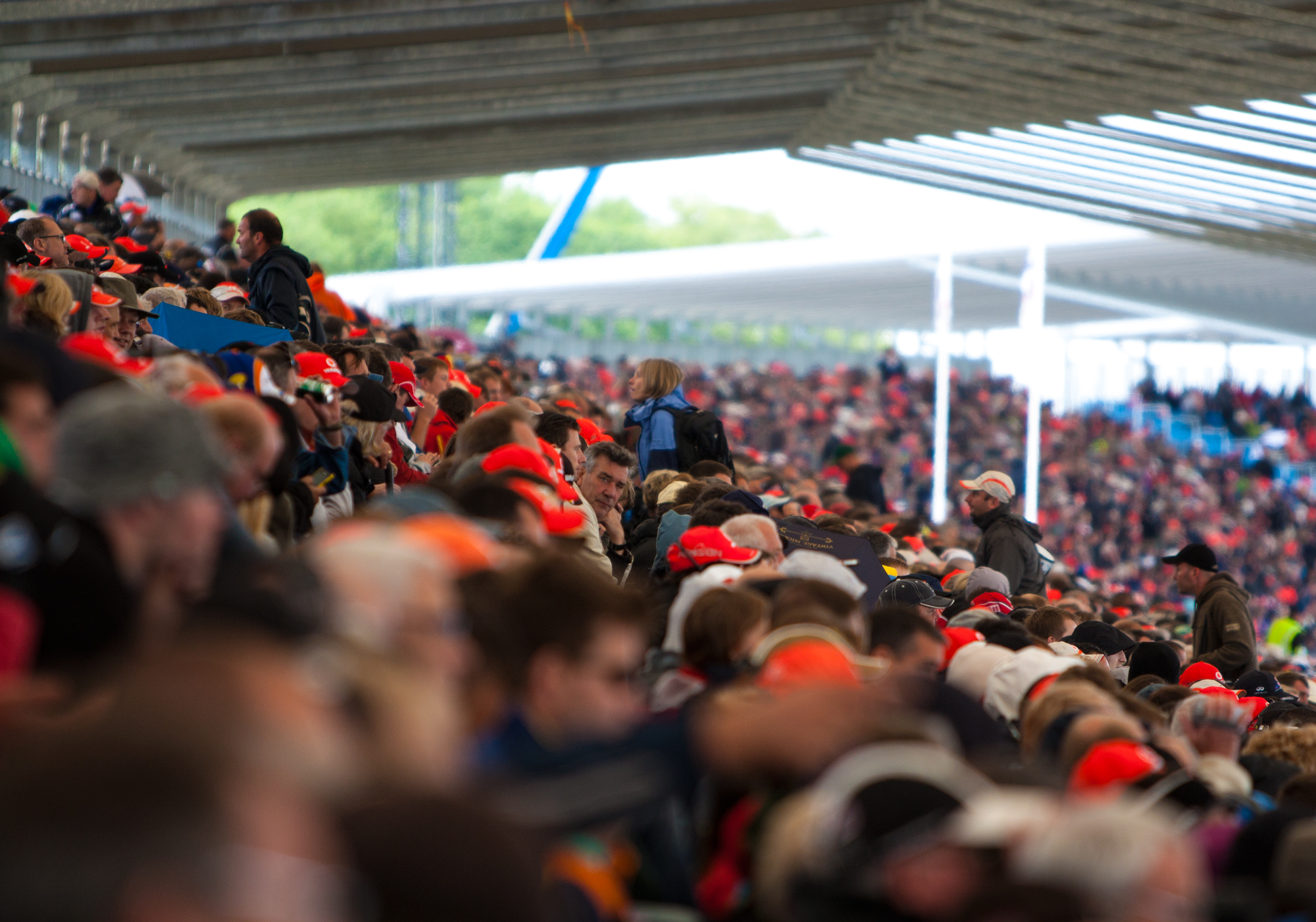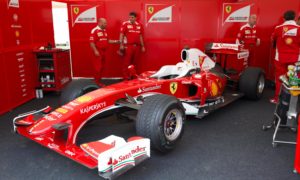Last week forumula1.com’s Hugh Podmore was invited to a screening of Rush, the Ron Howard film based on the story of the rivalry between Niki Lauda and James Hunt. Here is his review.
The overriding sensation going into this film was one of dread. Having been warned by various F1 folk that Rush would play havoc with history, deploying the cop-out of artistic licence wherever it could, I thought I’d be staring frostily at the screen and furiously jotting down each blatant falsehood. The story was good enough, I’d thought; tell it how it was, because by God was it an epic tale.
And yes. There were numerous instances where Hollywood (or not Hollywood, or whatever) served up factual inaccuracy, brazenly in some cases. But it didn’t bother me as much as I’d thought. The story began with Niki Lauda’s narration, which then faded out throughout the film, to return at the end as some sort of valedictory salute to its original intention to tell it from Lauda’s perspective. It documented Lauda’s inexorable rise and 1975 championship win, while Hunt languished in a charismatic but ultimately unsuccessful Hesketh team. Hunt and Lauda’s 1976 battle was the central focus of the film, the ins and outs of which were relatively accurately rendered, including Lauda’s fiery Nurburgring crash and his rehabilitation. The climax of Rush was at the final grand prix of the 1976 season in which Hunt triumphed by coming third once Lauda had retired.
There were lots of good things about this movie. The colours and ambience of the seventies was usually impressive and glorious at best. The characterisation of the protagonists seemed accurate – after all, Hunt and Lauda had very different approaches to life in general and the racetrack specifically. They were both, however, blisteringly quick, and the film paid appropriate tribute to the foolish glory of grand prix racing in an era when death was an ever-present companion. Lauda’s graphically painful recovery from his crash evoked that particularly well. Hunt (Chris Hemsworth) was confident and brash and convincing; for Lauda, Daniel Bruhl gave a beautiful and wonderful performance which lived and breathed the Rat.
Some absurdities, however, could not be forgiven. The starkest was the cars’ movement. While close-ups were thrillingly loud and fast, long shots gave the unfortunate impression of having been sped up at edit. At times, it really did look as though it must have been filmed – with drivers pootling round, anxious not to damage the historic machines. Brands Hatch unconvincingly and frequently doubled for other more exotic locations. Rush’s attempts to show realistic overtaking were derisory. F1 cars racing each other on the limit in reality is a ballet. In Rush it was more an old people’s home Christmas ball.
Secondly, Simon Taylor (redoubtable and estimable pundit that he doubtless is) ain’t Murray Walker, and so anyone – anyone – with the slightest knowledge of F1 would be immediately conscious that this was a reproduction. How much, Mr Howard, would it have cost to buy the rights to Murray’s commentary? Or even pay the great man to say the same things again? Or even cast someone who sounded like him?
Thirdly, and most heinously, the script was eye-bleedingly awful. It was trite, cliché-ridden, tell-rather-than-show, limp rubbish. A hugely talented cast, including the criminally underused Julian Rhind-Tutt as Bubbles Horsley and Stephen Mangan as (I think) Alistair Caldwell, were seriously let down by the writing. Allusions to the ‘will to win’ would have been overkill – the context is entirely sufficient – but the film’s creators felt it necessary constantly to invoke it in dialogue. The scene where Hunt and Lauda chat when signing autographs is the worst – the script demands they fill each other in on what has been happening in the film. Note to American filmmakers in general – European or any audience with a brain does not need a recap every two bloody minutes.
Having vented all that, I did still enjoy the film. It was truly a joy to see the decade I just missed out on brought so beautifully and carefully to life. And it was, it will be, good for F1 insofar as it glorifies the romance of the sport. The only problem is, when they then tune into F1 2013-spec, they’ll be bored to tears and go back to thinking that it isn’t how it used to be. Which is true – it isn’t. But all-too-rare films like Rush do make an admirable effort to bring it all back for us. As long as you don’t mind listening to a crap script.








